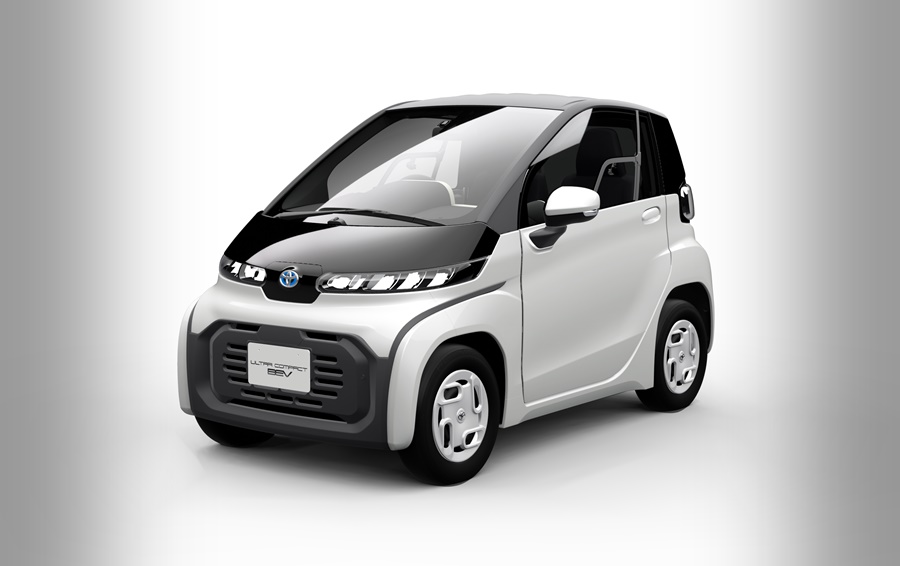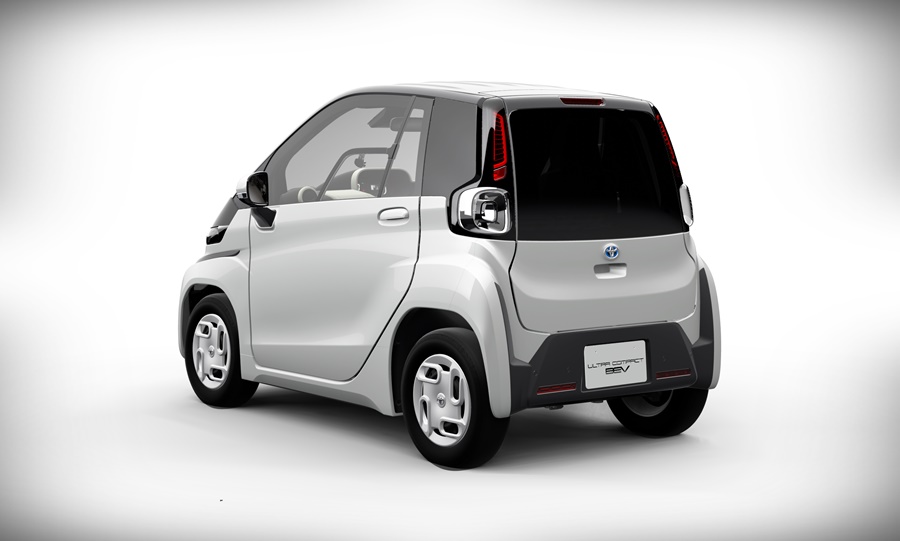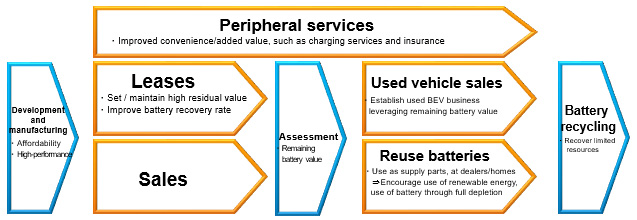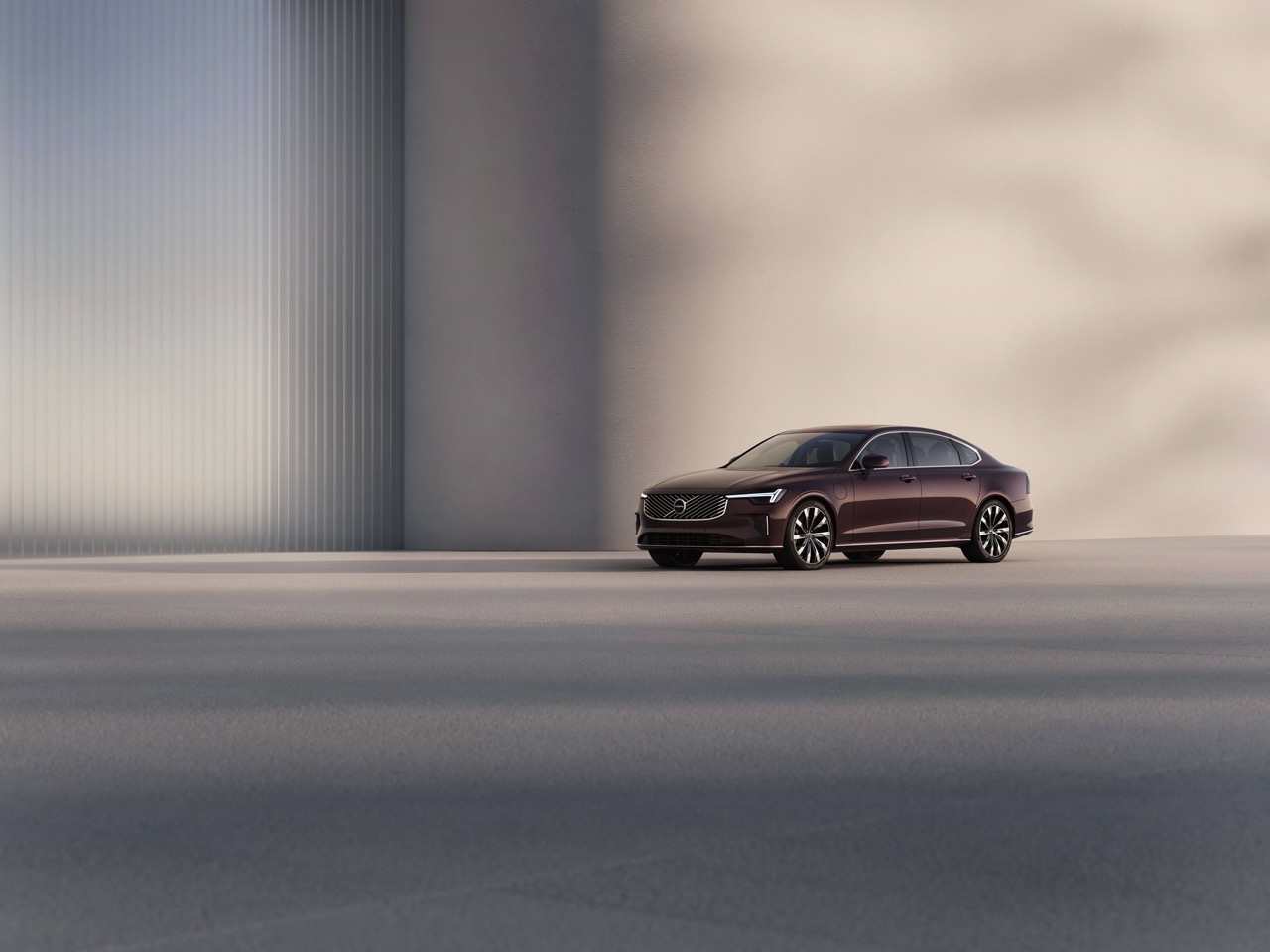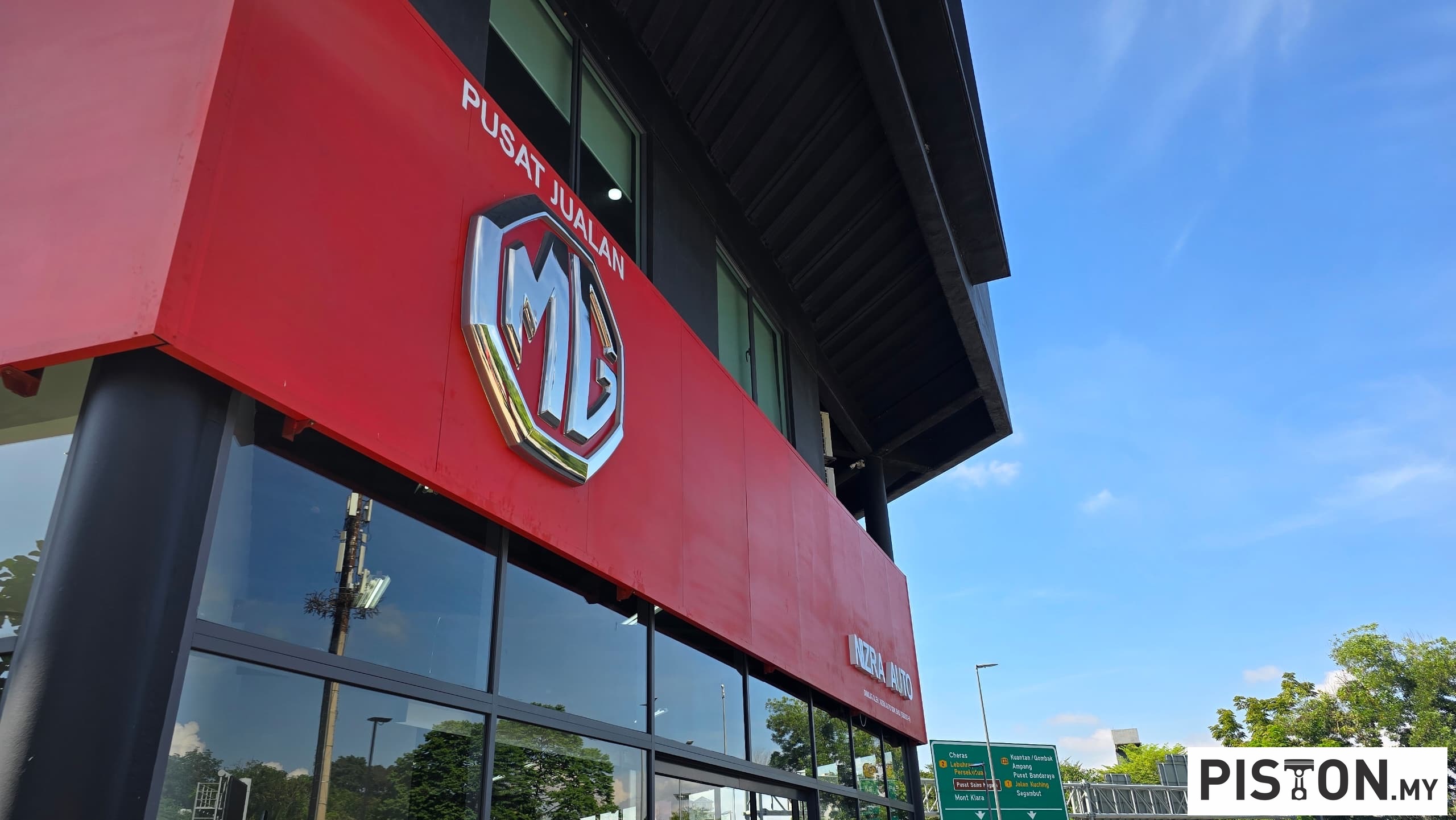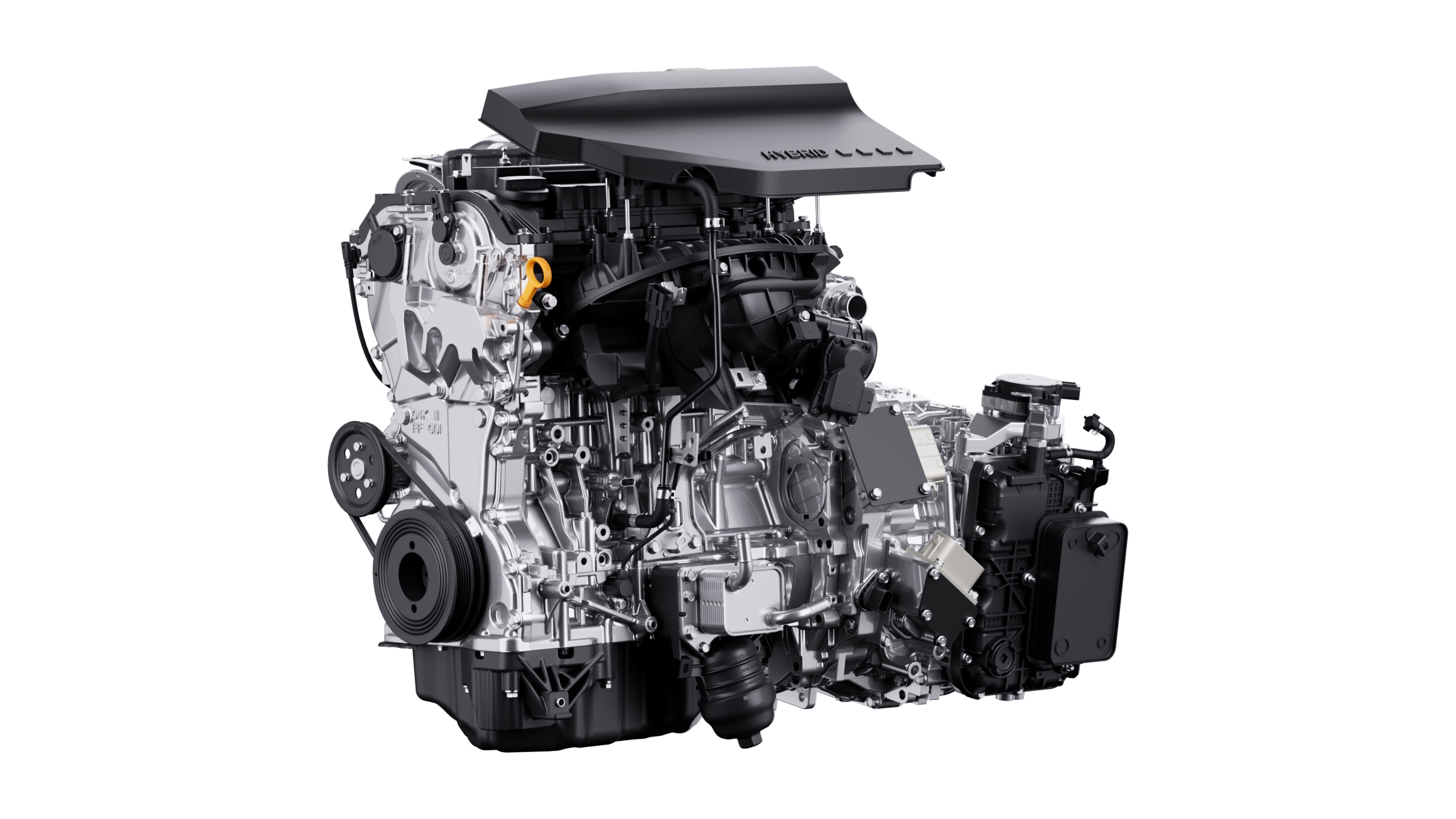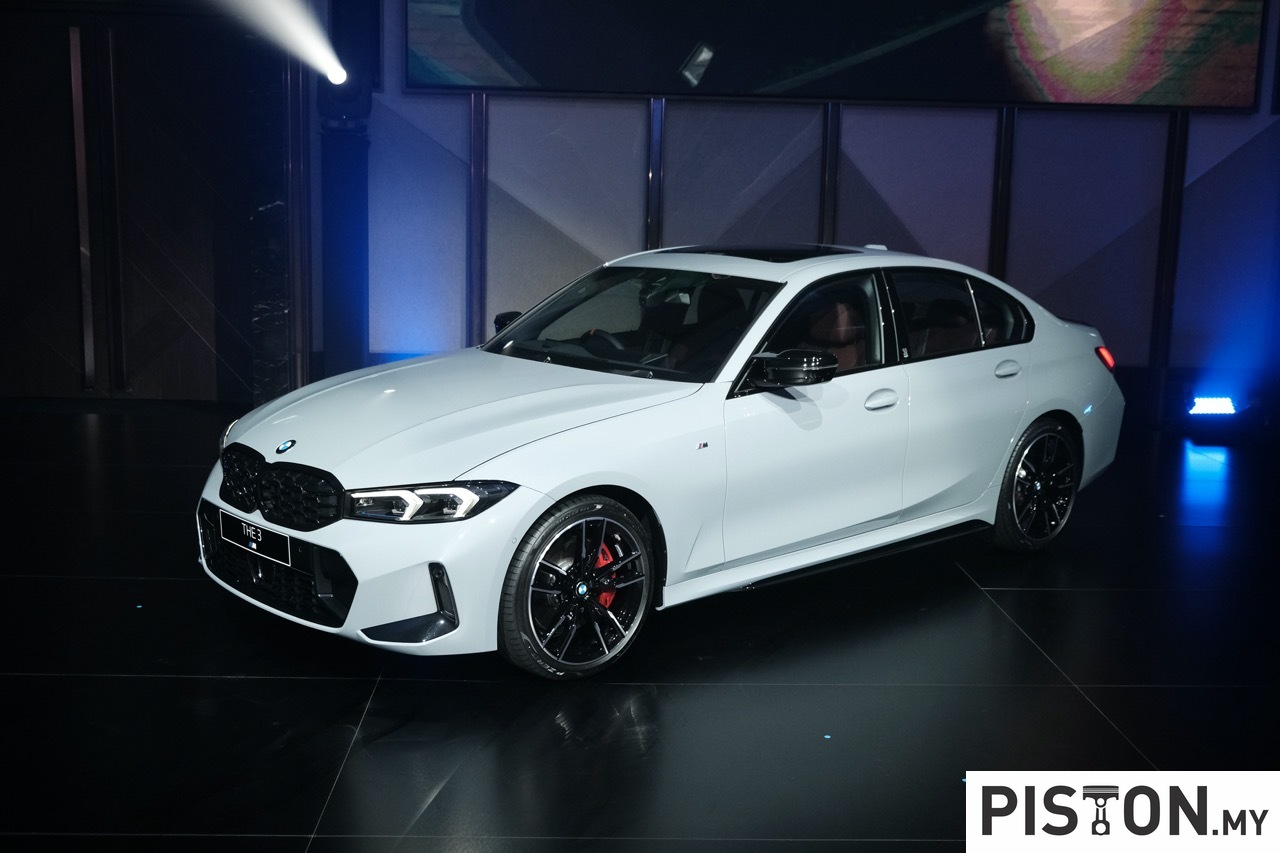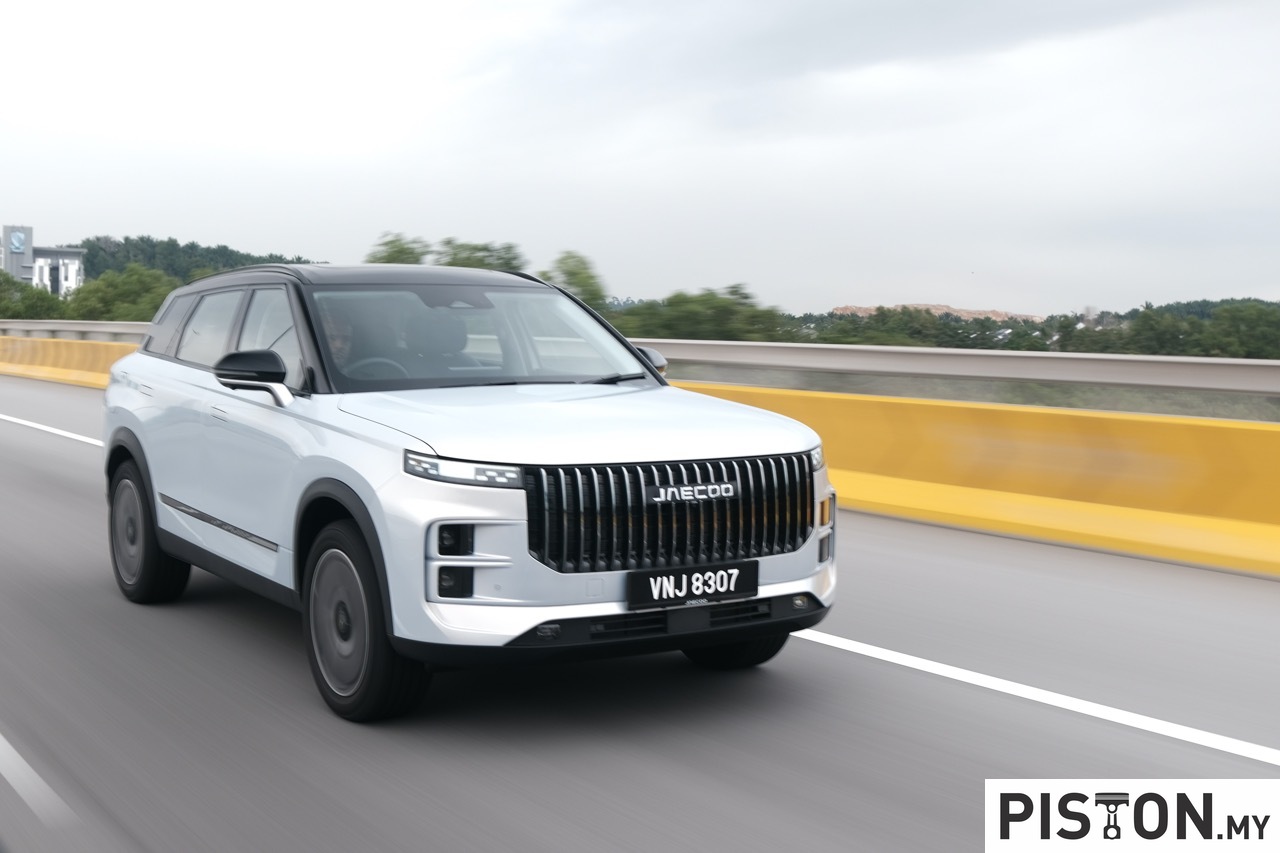After its pioneering role in mass producing hybrid vehicles in the late 1990s and then taking on a leadership position in the segment, it looks like Toyota plans to do the same for battery electric vehicles or BEVs. With hybrids, Toyota successfully brought the more environment-friendly powertrain into the mainstream, enabling volumes to become larger. This, in turn, allowed economies of scale to kick in and lower production and technology costs, making hybrids more affordable.
At the Tokyo Motor Show this month, the carmaker will display a new, production-ready ultra-compact BEV which it plans to start selling in Japan late next year. The ultra-compact 2-seater is specifically designed to meet the daily mobility needs of customers who make regular short-distance trips, such as the elderly, newly licenced drivers or businesspeople visiting local customers.
The next-generation mobility solution is designed to provide short-distance mobility while limiting impact on the environment. It has a range of approximately 100 kms on a single charge, can reache a maximum speed of 60 km/h and features an extremely tight turning radius.
Development chief Akihiro Yanaka said the BEV, which is less than 2.5 metres long and 1.3 metres wide, can be considered a mobility solution that can support Japan’s ageing society and provide freedom of movement to people at all stages of life.
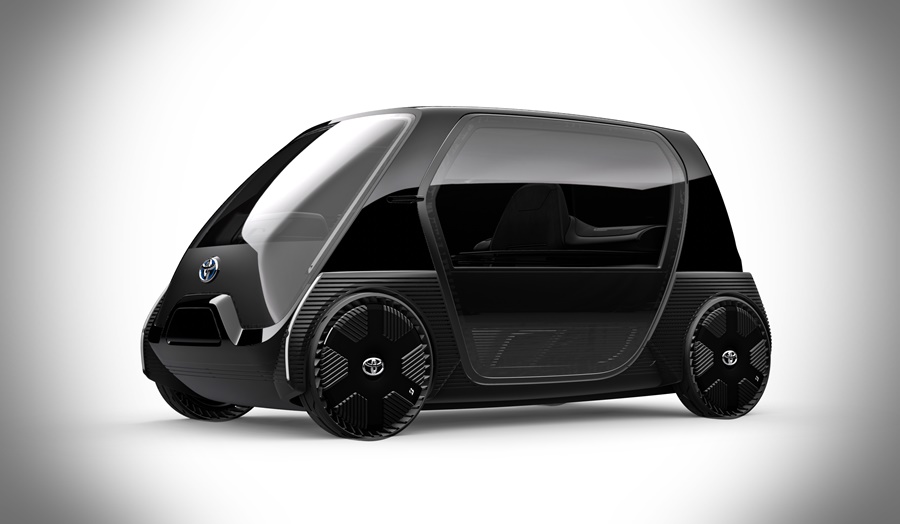
New business model to popularise BEVs
Toyota is also pairing its planned launch next year with a new business model that aims to promote the wider adoption of BEVS in general. This includes examining every step of the battery pack’s life, from manufacture through sale, resale or re-use, and recycling to maximise its value.
In the near term, Toyota will focus on expanded leasing initiatives designed to recapture used batteries for evaluation and re-use as appropriate in pre-owned vehicles, as service parts, or even in non-automobile applications. Toyota is also developing peripheral services for BEVs such as recharging stations and insurance.

Toyota developing mobility vehicle as ‘last mile solution’ at 2020 Olympics in Tokyo




